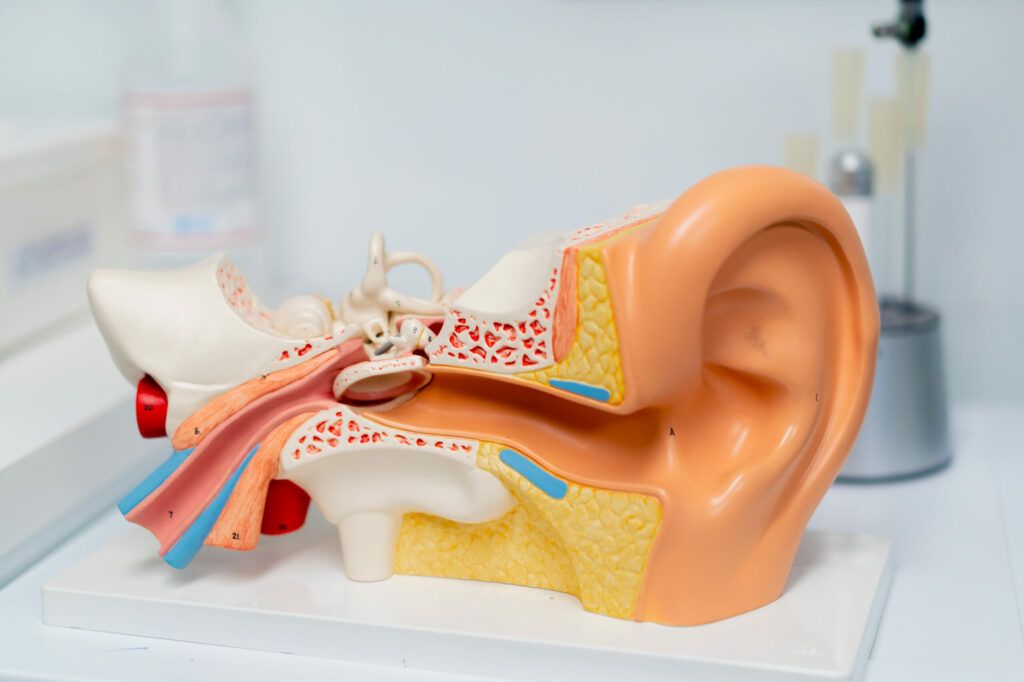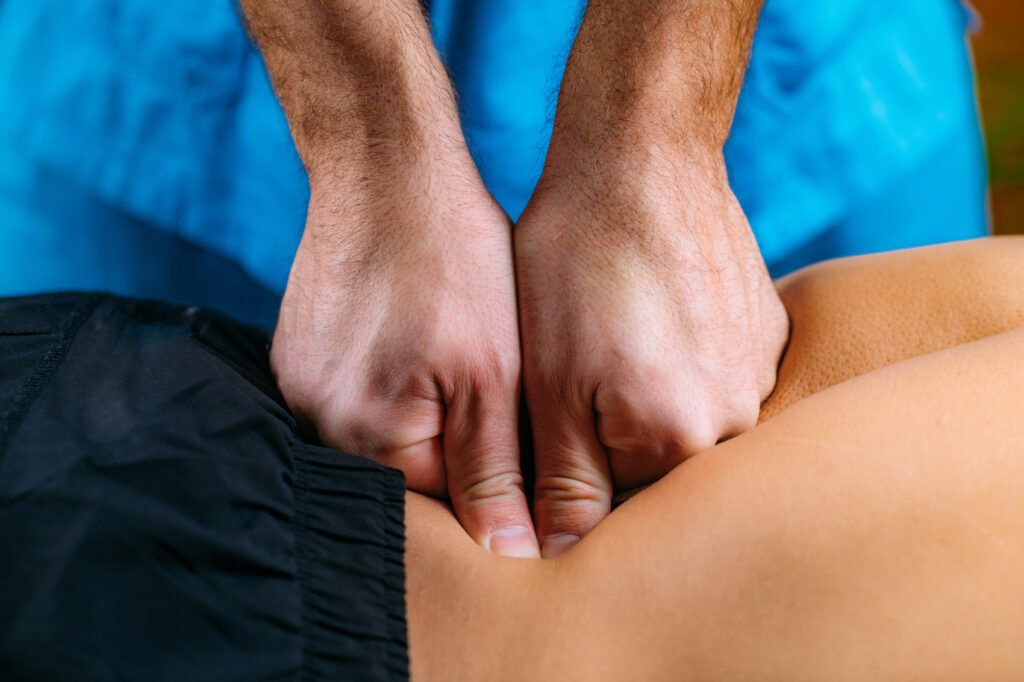Vestibular Rehab

Vestibular Rehab in West Kirby: What is the Vestibular System?
The vestibular system sits within your ear. There are several ways in which this can become dysfunctional and cause dizziness and balance problems however this can often be helped with specialist physiotherapy which we provide at West Kirby Physiotherapy.
What can go wrong?
Benign Paroxysmal Positional Vertigo (BPPV) is characterised typically by intermittent vertigo triggered by particular movements. It usually lasts for a few seconds or up to a minute at a time and gives the illusion that you are still moving, or that the world is moving around you.
Vestibular neuritis or labyrinthitis is caused by a virus which creates inflammation in either the vestibular nerve (neuritis) or the whole inner ear (labyrinthitis). This causes sudden and debilitating vertigo and may also be associated with sickness and flu like symptoms. The sufferer may be bed-bound for several days but will normally make a good recovery over 4-6 weeks.
Meniere’s is caused by pressure changes in the fluid within the inner ear. Sudden attacks of vertigo are usually accompanied by some loss of hearing. Attacks can last for hours and are unpredictable. This is a progressive disease
Migraine Associated Vertigo (MAV). Often associated with headache, light and sound sensitivity and other migraine symptoms. Confusingly, it is possible to have migrainous vertigo without a headache, so this can make diagnosis difficult.
How can we help?
At West Kirby Physiotherapy, our expert physiotherapist, Tanya Huskinson will complete a thorough and detailed assessment to understand how your problem is affecting you as well as screening for any signs that the problem may be related to the nervous, or circulatory systems, rather than the inner ear.
In this case, we would recommend and help facilitate further investigation through your GP before commencing any physiotherapy.
If it is clear that the problem is vestibular, we will explain and discuss with you the various interventions that may be helpful.
Depending on the results of your assessment, these may include manual therapy for your neck, specific manoeuvres aimed at improving vertigo, eye and head exercises, balance exercises and advice on how best to manage your symptoms.
Meet The Team
EXCELLENTTrustindex verifies that the original source of the review is Google. After the first visit with Cat I felt confident in her diagnosis. Videoing me on treadmill to help identify the root cause of my problem and giving me specific exercises to strengthen weaknesses. Her hands on approach really helped release some muscles that overtime had been so tight they where causing a lot of pain. Massive relief to finally feel pain free. Thank you!Trustindex verifies that the original source of the review is Google. Excellent Physio here. Catherine Hughes was able to pinpoint the problem and give me exercises that really helped. Everyone here is always helpful and cheerful. I would recommend this practice to anyone.Trustindex verifies that the original source of the review is Google. I have been having problems with my feet since 2016. Decided to try a private physio to see if they could help. After my assessment with Cat, she contacted my GP and arranged for an x-ray and blood tests. It turns out I have gout and tendon problems. Cat has given me exercises to help with the tendon problems and the GP is helping with the gout. Cat was a great help and everyone there is very friendly. Highly recommended.Trustindex verifies that the original source of the review is Google. Wonderful care and so knowledgable. I can not recommend West Kirby Physiotherapy enough.Trustindex verifies that the original source of the review is Google. Thank you so much more the virtual session today. My daughter is feeling much more positive that she will be running again soon.C Hughes was knowledgeable and thorough whilst remaining patient, gentle understanding and friendly. She has a personal set of activities that have been emailed across so she can work on at home . Can't recommend highly enough. Thank you so much.Trustindex verifies that the original source of the review is Google. Following shoulder surgery, I attended West Kirby Physiotherapy. I found them to be extremely friendly, professional and knowledgeable. They were able to pinpoint my issues quickly and suggest various strategies to deal with them. I would like to thank the team for their help and will certainly use them again!Trustindex verifies that the original source of the review is Google. Sent my son to West Kirby Physiotherapy after a year of him suffering pain in his legs after doing sports. He was diagnosed within 10 mins of his consultation and the physiotherapist was amazing, making him feel comfortable and at ease. We were given a personal physiotherapy program to follow, with lots of advice and a follow up appointment. Since following the program, there has been a significant improvement in my son's mobility and the pain has almost completely vanished.
